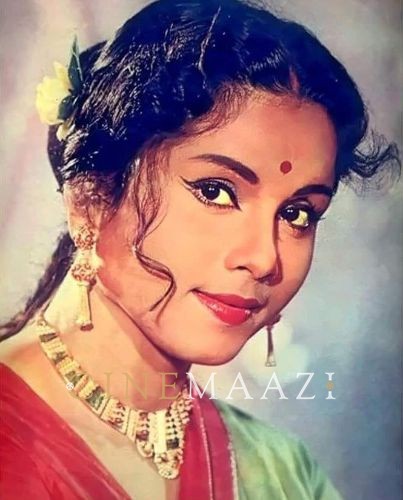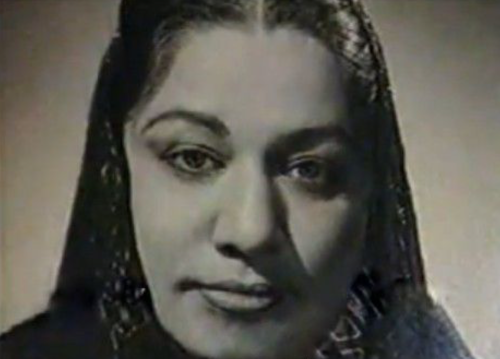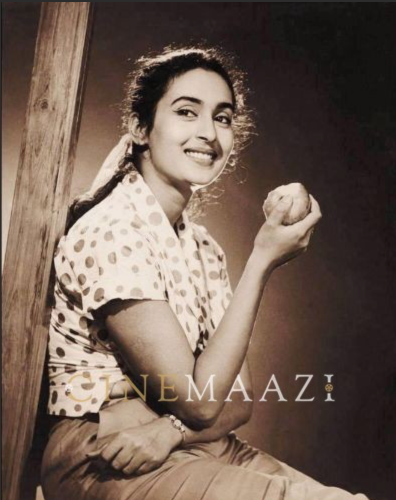Shobdo Jobdo: Rajat Kapoor's Foray into the Web Format
Rajat Kapoor speaks to Shantanu Ray Chaudhuri on the challenges of playing the lead in an ‘alien’ language
It is by all accounts a bizarre sequence – a middle-aged writer and a young woman in a bathtub on the rooftop of a Los Angeles skyscraper, with heaps of books strewn all around. And what follows over seven episodes is often equally bizarre. Though hampered by rather shoddy writing at times, and though it could have done well with some tightening of the narrative given that it is pitched as a psychological thriller, Rajat Kapoor holds your attention as a successful pulp fiction writer losing his mind (or is he?) who arrives in India and finds his life falling apart.

For me, the criteria to do something is threefold – the script has to be good, the role has to be good and the director has to be good. In this case, I did not know the director at all, but the script was very good. My role was very, very good. So I said yes, but it was a bit of a leap of faith. Because when you say yes to something, it might sound good on paper and it might turn out to be absolute rubbish. In this case, I think we got lucky. Sourav is a wonderful director. Somebody I didn’t know at all and he turned out to be just superb.
Tell us something about the challenges in playing Sougata.
The biggest challenge was that it was in Bengali. It is an alien language for me. Even though I am very familiar with Bengali as a language, I find it impossible to speak it. So I had to learn big chunks of lines and then pretend that they were actually coming out of my mouth. If you don’t know the language you can’t improvise very much. The other challenge was that I had to drown in a bathtub when it was very cold. I don’t look at characters as a project or character study. I am not the kind of actor who does research, so I don’t find that aspect difficult. It’s not really the rocket science that it’s made out to be. If your look is right and the costumes are right, you just have to trust the script and follow what the script suggests. It’s really not that difficult.
I have partly already spoken about it. I think we put too much stress on performance and unfortunately most performances in our films, well, I won’t say most, some performances aren’t up to the mark because people try too hard. I think if people try less and do less it might be better. My take on acting is to do nothing as much as possible and to be true to the moment being played. I don’t really find acting in a web series or a film or a television different at all. The same camera, same actions, same cut, same clapboard, it’s all the same.
It could be. But again, when you say that some things are not allowed in films, who is putting those limitations? I think as an artist, as a film-maker, only you can put those limitations. Of course, producers will have their point of view. But I am saying that as an artist there is nothing that limits your point of view. Maybe web series don’t have to go through censorship. But does it really mean that you are doing better work because you are free? Freedom is not a very easy burden to bear. I would like to talk about films from Iran where there are so many restrictions. You can’t do this, can’t do this. And still they make the best films in the world. I think the limitations of the creative mind itself are the problem. Not the restrictions from outside but the limitations from inside.
Tags
About the Author
Shantanu Ray Chaudhuri is either an 'accidental' editor who strayed into publishing from a career in finance and accounts or an 'accidental' finance person who found his calling in publishing. He studied commerce and after about a decade in finance and accounts, he left it for good. He did a course in film, television and journalism from the Xavier's Institute of Mass Communication, Mumbai, after which he launched a film magazine of his own called Lights Camera Action. As executive editor at HarperCollins Publishers India, he helped launch what came to be regarded as the go-to cinema, music and culture list in Indian publishing. Books commissioned and edited by him have won the National Award for Best Book on Cinema and the MAMI (Mumbai Academy of Moving Images) Award for Best Writing on Cinema. He also commissioned and edited some of India's leading authors like Gulzar, Manu Joseph, Kiran Nagarkar, Arun Shourie and worked out co-pub arrangements with the Society for the Preservation of Satyajit Ray Archives, apart from publishing a number of first-time authors in cinema whose books went on to become best-sellers. In 2017, he was named Editor of the Year by the apex publishing body, Publishing Next. He has been a regular contributor to Anupama Chopra's online magazine Film Companion. He is also a published author, with two books to his credit: Whims – A Book of Poems (published by Writers Workshop) and Icons from Bollywood (published by Penguin Books).







.jpg)


